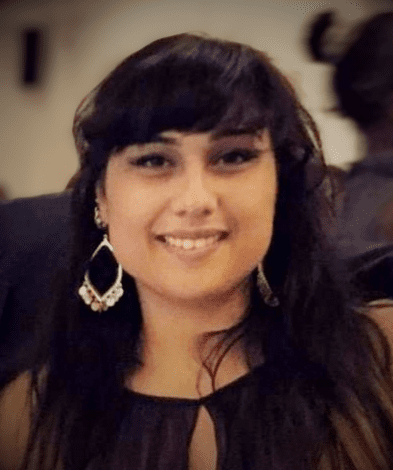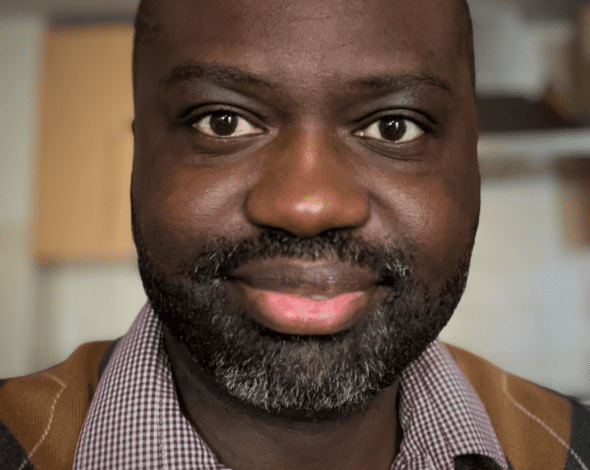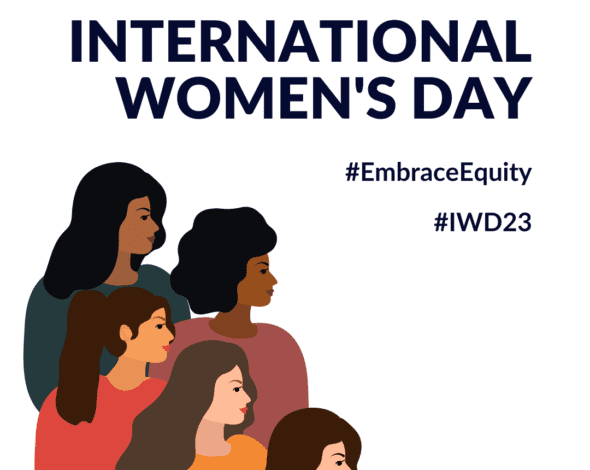On 11 January 2022, the NIHR Health and Social Care Workforce Unit published The availability of section 12 doctors for Mental Health Act assessments: interview perceptions and analysis of the national MHA Approvals Register Database, a report presenting the findings of a study of the reasons for and nature of difficulties accessing section 12 (s.12) doctors for Mental Health Act (MHA) assessments.
Thank you to Martin Stevens and the King’s College London research team for inviting our founder Amy Manning to be interviewed for this study. In our view, this report comprehensively explores important issues influencing s.12 doctor availability; it highlights many of the problems that led to the development of S12 Solutions and substantiates some of the themes we hear anecdotally. There is much information to digest and while there is more we would like to contribute, we have compiled our initial responses to some of the key points.
GPs and s.12 approval
The report explains that only 2% of registered s.12 doctors are GPs (p11), which is consistent with the perceptions of interview participants that very few MHA assessments involve GPs. S12 Solutions Delivery & Account Manager, Nick Woodhead:
“To add to this point, back in 1983, the idea was that assessments would be done by the GP, providing prior acquaintance, and a specialist, the s.12 approved doctor, and so there was never an expectation that lots of GPs would need to become s.12 approved to be involved in assessments. It seems likely that the lack of GP involvement now reflects how GPs work rather than the attractiveness of becoming s.12 approved.”
Independence and conflict of interest
The study finds variable interpretations of independence when organising doctors for MHA assessments: ‘Most participants were aware of the change in regulation (The Mental Health (Conflicts of Interest) (England) Regulations 2008, reg. 6(1)(a)) that made it lawful for the two s.12 doctors to be working for the same Trust as long as one did not have supervisory responsibility for the other and they were not working in the same team, but no participants mentioned the Code of Practice point stipulating that it is good practice that the two doctors are not from the same Trust’ (p44). Nick Woodhead:
“It may be worth noting that this paragraph of the Code of Practice was heavily criticised when it was published because it went beyond the Regulations and used ambiguous language. The Code goes to great lengths to explain the obligations it stipulates and explains what ‘should’ or ‘must’ mean, but it does not explain the weight people should give to ‘good practice.’ It also says, ‘it is good practice for doctors or the staff of an NHS trust or NHS foundation trust to ensure that one of the recommendations is given by a doctor not on the staff of that trust’ (para 39.4). I sought legal advice about this previously because it would have made MHA assessments in the area I was working in almost impossible. The legal position at the time was there was no issue using doctors from the same trust. We were often asked by tribunal lawyers to provide information about the managerial or supervisory relationship between the doctors but we were never challenged on this point.”
Advantages and disadvantages of the S12 Solutions platform
It is incredibly rewarding to learn that broad support was expressed for the S12 Solutions platform (p81) for reasons including (pp61-63):
- Identifying doctors’ availability quickly and reducing administrative work
- Fewer unnecessary calls to doctors
- Simplifying finding doctors for assessments for people from out-of-area
- Introducing new doctors working just over county borders
- Language and specialism filters are helpful, particularly perinatal, autism, learning disability, children and adolescent mental health services, and eating disorders
- Quicker, easier payment for independent s.12 work and greater transparency around payment processes
One participant highlights the positive impact of electronic forms on AMHPs’ workload and the speed of passing information (p62):
“I’ve heard from AMHPs as well, it’s a lot nicer than them having to carry round paper forms and those paper forms sometimes never reaching where they need to, sometimes reaching there and then not getting processed. So, electronically I think there’s huge benefits. Just saving time, making relationships a little bit easier, not having awkward conversations about forms.”
Private not public
A small number of participants would have preferred the platform to be developed and owned by the Department of Health and Social Care, not a commercial company (piii).
Amy Manning: “I do understand this point of view because I felt the same when I was a practising AMHP. I was certain when I began this journey that I would discover somebody somewhere was solving this problem with technology, or had plans to, but it wasn’t the case. I talked to many NHS organisations and affiliates in the very early days and those people explained to me that innovation is risky, it demands a huge amount of energy and resource. The NHS relies on and encourages private organisations to take and hold these risks themselves because such risks cannot be taken with public funds. Most of the innovators I have met in this process have been people like me, people who came up with a way to solve a problem they experienced every day, and the thing that keeps us going is helping our colleagues and the people they support.”
Doctors not updating their availability (p64)
We hear these challenges and our Product Development and Software Development Teams are scoping ideas for the next iteration of the platform; these discussions include ways to enhance Diary management for doctors and alternative ways for AMHPs to search for doctors.
Appraisal function (p65)
Both AMHPs and doctors routinely suggest this to our team and we are considering how a system of endorsement could work. We will invite AMHPs and doctors into this process to make sure the concept is comprehensively and sensitively explored.
A broader doctor network may discourage AMHPs from contacting doctors who know the person being assessed (p64)
While we have not heard this concern before, we are clear in our training that the platform is not designed to replace relationships or disrupt best practice, our intention is to give AMHPs a better place to start when organising assessments. AMHPs have the option to search for and only add the second doctor to an assessment if they are able to organise a doctor with previous acquaintance who is not on the platform. AMHPs can also search by name for doctors with previous acquaintance; their contact details may be easier to find with the platform than with previous methods.
Heath inequalities
The report highlights some challenges reported in involving doctors from minority ethnic groups in assessments, especially Black/Black-Caribbean doctors, but also doctors of Asian ethnicity (p50).
The ability to filter doctor profiles by ethnicity has been suggested to our team many times. Such sensitive work requires comprehensive exploration, risk assessment and codesign. We are in conversation with several areas about partnering on this piece of work but we would like to hear from people in any area who may be interested in participating in this project.
MHA data
Several Key Informants, Approval Panel Chairs and AMHPs were concerned about what they saw as a lack of data on MHA assessments (p29).
We share these concerns and agree it is difficult to improve workforce planning without good data; Nick Woodhead authored a blog about this subject in January 2022. We do provide data which is not collected nationally, such as the location of and capacity in which doctors are working, and the volume of assessments undertaken. We also hear that our data has catalysed evaluations in local systems that would not have been possible before the platform was introduced.
In conclusion
Nick Woodhead: “This comprehensive and fair report has shone a spotlight on the complex world of MHA assessments, which is almost completely unknown to people outside of these processes.”
Amy Manning continues: “We knew when we started that the platform could not solve the problem of s.12 doctor availability overnight but we know our involvement has forced improvements in many mental health systems and our project teams have brought people from health and social care together who had not really worked so closely on these issues before. We welcome the clarity this report has given and remain committed to working with mental health systems to get technology working harder to ease these challenges, and give mental health professionals more time to do what they do best, supporting the person.”
Thank you again to Martin Stevens and the King’s College London research team for including our voice in this study. If you would like more information about the ways S12 Solutions is transforming the mental health crisis care pathway, please get in touch: info@s12solutions.com.








